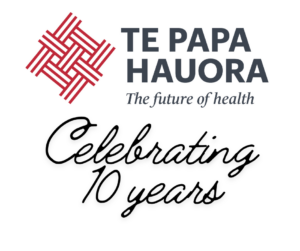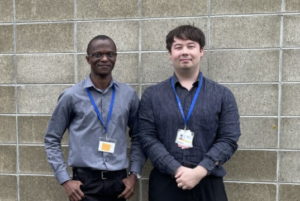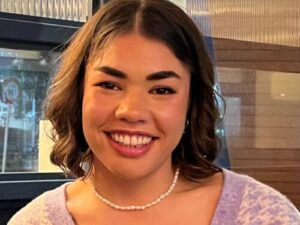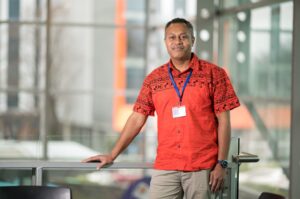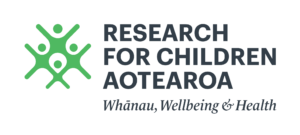Our People
The Research for Children Aotearoa collaborative brings together established Research Institutes, organisations, and communities to advance equitable, innovative, world-leading research for children. Proudly supported by Te Papa Hauora, this collaborative fosters research excellence across disciplines to strengthen impact across clinical, medical, sociological, and educational domains.
Peter Townsend
Peter Townsend is the independent chair of Te Papa Hauora, a unique collection of stakeholders involved in health education, research and innovation in Canterbury and a dedicated physical area of Christchurch city. Te Papa Hauora is overseeing the Research for Children Aotearoa collaboration to help ‘supercharge’ the activities of the researchers and community groups involved and striving to make a difference for our children/tamariki/rangatahi and their families.
“Te Papa Hauora is strongly supportive of Research for Children Aotearoa. We already have researchers from Canterbury and Otago working together and we see Te Papa Hauora acting as an umbrella to further co-ordinate research and get better outcomes for our children.”
Our Stories
George Abbott Symposium combines with the Society of Youth Health Professionals Aotearoa New Zealand (SYHPANZ) to organise national youth conference
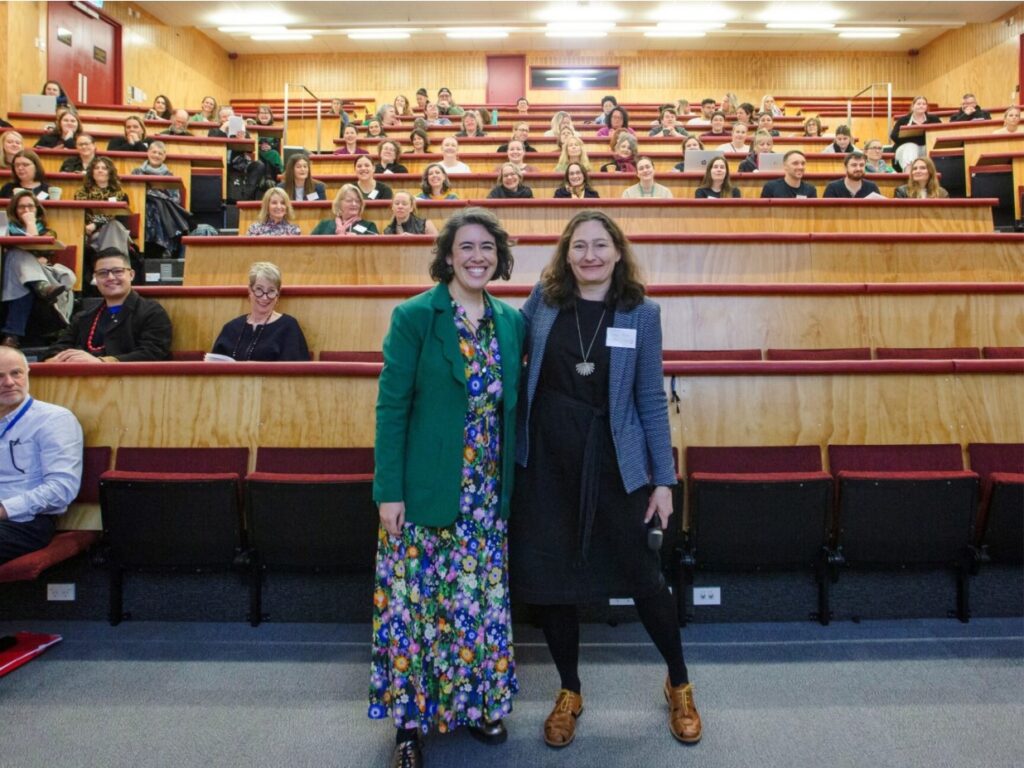
The Paediatric Department at the University of Otago Otakou Whakaihu Waka’s Christchurch campus has long hosted the annual Symposium. As this year’s focus was on youth, the University partnered with the Society of Youth Health Professionals Aotearoa New Zealand (SYHPANZ) to organize the national event. The Symposium was also supported by the Research for Children Aotearoa collaboration.
Paediatric gastroenterologist Professor Andrew Day was one of the event organisers. He says the Symposium brought together a diverse group, ranging from school nurses to those researching the variety of issues relevant to young people.
“The aim was to share information, stimulate discussion, and to get people from different spheres talking about how we can improve things or better advocate for young people.’’
Professor Day says while feedback on the Symposium and its speakers was very positive, one question during the event particularly struck a chord with him.
“The question was ‘what are you going to do differently on Monday (back at work) as a result of the Symposium?’ Hopefully this coming together will result in individuals and groups feeling positive, stimulated and informed, which will translate to even better things for youth health and well-being.”
Professor Day says an impressive variety of experts shared their knowledge at the conference. This included talks and discussions on:
- High levels of mental distress, such as anxiety and depression, reported by more than half of young people, according to research from Aotearoa New Zealand and a yet-to be published national Australian study
- Latest research on the impacts of vaping on young people’s health and ways to minimize harm and increase their understanding of risk
- The encroachment of ‘gamblification’ (gambling via games) into young people’s lives
- The harm reduction approach to drugs, including drug testing to ensure safety from dangerous and new substances
- Acute rheumatic fever and its impact on patients and whānau
- Programmes to improve sleep health in young people with autism
- Sexual well-being and education, including an update on HIV in Aotearoa and a sexual health information app developed in partnership with young people, and
- School-based health services enhancement programme with Te Ūkaipō.
Professor Day says, for him, one of the highlights of the weekend event was an update on the Canterbury Youth Hub (currently under construction) and acknowledging the huge impact of the Hub’s driving force and long-time youth advocate, health professional and educator, Dame Sue Bagshaw.
Dr Jess Allen is the chairperson of SYHPANZ, which supports doctors, nurses and allied health professionals working within youth health.
Dr Allen says it was wonderful to collaborate with the University and put together a programme with excellent local and international speakers for a diverse audience of those working with, and for, the benefit of, young people.
Dr Allen says one of the topics of discussion of particular interest for her was about what age young people should transition from child to adult health services.
“Symposium keynote speaker Professor Susan Sawyer talked about research on the area and Aotearoa New Zealand seems to be out of sync with a lot of other places where children do not transition to adult services until later ages. In New Zealand it varies between areas but typically is at 16 years. Adolescence is a special time and young people need care appropriate to their developmental stage.”
Paediatrician Professor Tony Walls is co-leader of the Research for Children Aotearoa Collaborative. He says the partnership with SYHPANZ to organise and co-host the event was a first in the long history of the George Abbott Symposium and a wonderful experience.
“We hope this will lead to more collaborations between different parts of the wide system that supports and promotes youth health.”
The following organisations had speakers at the Symposium:
- Mana Mokopuna – Children and Young People’s Commission (Aotearoa New Zealand)
- University of Sydney / Menzies School of Health Research (Australia)
- Royal Children’s Hospital / University of Melbourne (Australia)
- University of Canterbury and its Child Well-being Research Institute
- University of Otago, including Wellington and Christchurch campuses
- Research for Children Aotearoa
- Vibe Youth One Stop Shop
- Health NZ / Te Whatu Ora
- Tūturu
- High Alert, National Drug Intelligence Bureau (involving NZ Police, Ministry of Health and New Zealand Customs Service)
- NZ Drug Foundation
- Etu Pasifika
- The Collaborative Trust
- University of Auckland
- Burnett Foundation Aotearoa
- Māngai Whakatipu youth advisory group for School-Based Health Services Enhancement
- Malatest
- Talking Trouble Aotearoa NZ
- AUT
- South Island Eating Disorder Service (Health NZ)
- Youth Hub


